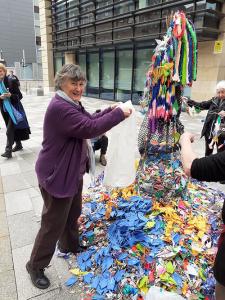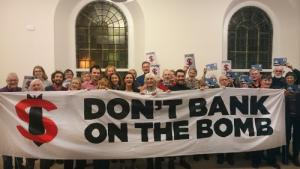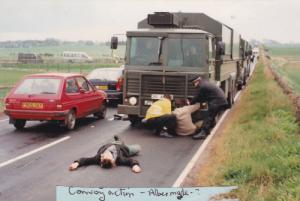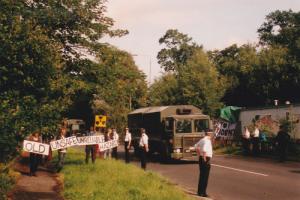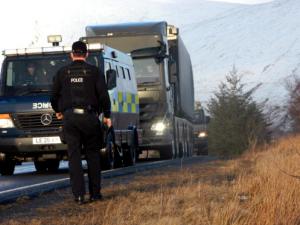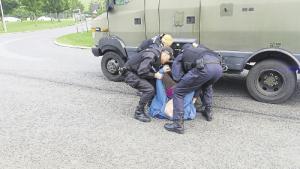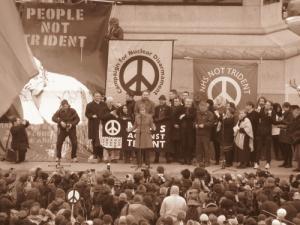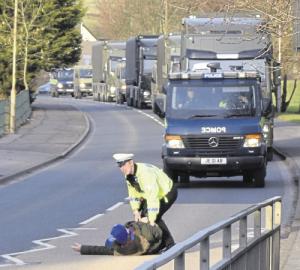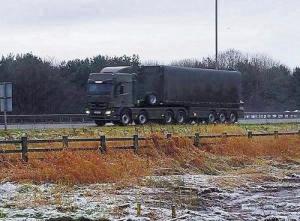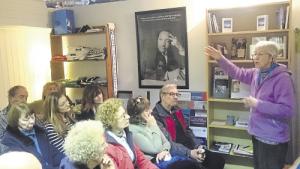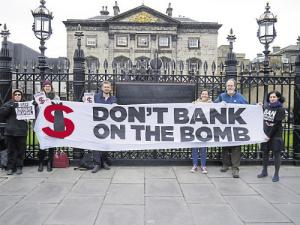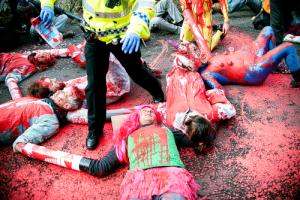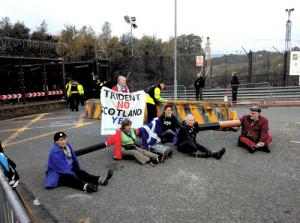In late August, Costa Rica put forward a statement at the UN in New York calling for the total elimination of all nuclear weapons. 147 of the 193 UN member states supported this statement.
Scotland should be Nation 148.
The International Campaign to Abolish Nuclear Weapons (ICAN), the Treaty on the Prohibition of Nuclear Weapons (TPNW) and the Nuclear Non-Proliferation Treaty (NPT) are the key elements in gaining a world without nuclear weapons.
ICAN is a network started…


